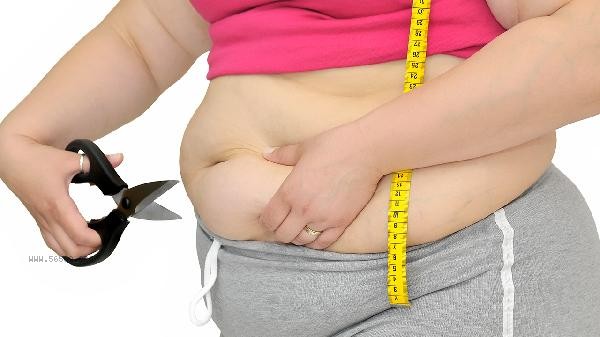The bottleneck period for weight loss generally takes 14 to 30 days to pass, and the actual time is influenced by various factors such as metabolic adaptation, exercise intensity, dietary adjustments, sleep quality, and psychological state.

1. Metabolic adaptation
The body will reduce the basal metabolic rate to save energy expenditure in a state of sustained calorie deficit, and this adaptive response is the main cause of the bottleneck period. Metabolic balance can be disrupted by intermittently increasing daily calorie intake or adjusting the ratio of the three major nutrients, such as increasing carbohydrate intake one to two days a week.
2. Exercise intensity
Long term repetition of the same exercise pattern will cause the body to adapt to exercise efficiency and gradually decrease fat burning efficiency. It is recommended to combine high-intensity interval training with resistance training to break through the plateau period by changing the type of exercise, increasing weight-bearing, or prolonging exercise time.
3. Dietary Adjustment
Overly strict dietary control may lead to imbalanced nutrient intake, which in turn affects fat metabolism. Appropriately increasing the proportion of high-quality protein intake, supplementing with vitamin B and magnesium elements can help maintain metabolic enzyme activity, while maintaining dietary fiber intake to promote intestinal microbiota balance.

4. Sleep Quality
Lack of sleep can disrupt the secretion rhythm of leptin and ghrelin, increase cortisol levels, and lead to difficulty in fat breakdown. Ensuring 7 hours of deep sleep every day can optimize growth hormone secretion. It is recommended to establish a fixed sleep schedule and avoid using electronic devices before bedtime.
5. Psychological state
Anxiety can stimulate the body to enter a state of stress, causing fat to accumulate in the abdomen. Relieve stress through mindfulness meditation, record non weight indicators such as waist circumference changes, and maintain a positive mindset to help smoothly navigate through the plateau period. Breaking through the bottleneck period of weight loss requires comprehensive lifestyle adjustments. It is recommended to conduct regular body composition analysis instead of simply focusing on weight numbers. Maintain dietary records and exercise logs, and adjust the plan every two weeks. Pay attention to replenishing enough water and avoid excessive dieting that can lead to muscle loss. If the platform period has not improved for more than two months, you can consult a nutritionist for personalized metabolic assessment. Continuous and stable healthy habits are more important than short-term rapid weight loss, as the body needs time to adapt to a new weight setting point.










Comments (0)
Leave a Comment
No comments yet
Be the first to share your thoughts!